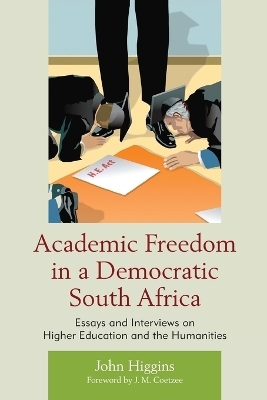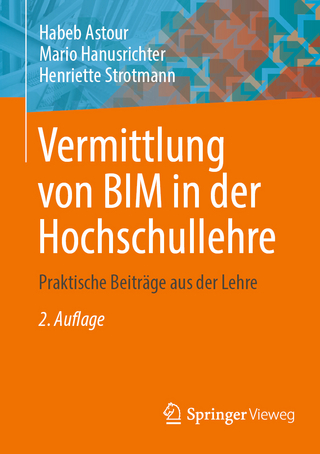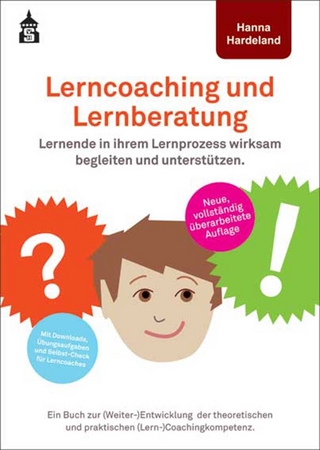
Academic Freedom in a Democratic South Africa
Essays and Interviews on Higher Education and the Humanities
Seiten
2014
Bucknell University Press (Verlag)
978-1-61148-598-1 (ISBN)
Bucknell University Press (Verlag)
978-1-61148-598-1 (ISBN)
How do we understand academic freedom today? Does it still have relevance in a global
reconfiguring of higher education in the interests of the economy, rather than the public
good? And locally, is academic freedom no more than an inconvenient ideal, paid lip service
to South Africa’s Constitution as an individual right, but neglected in institutional practice?
This book argues that the core content of academic freedom—the principle of supporting and
extending open intellectual enquiry—is essential to realizing the full public value of higher
education. John Higgins emphasizes the central role that the humanities, and the particular forms of
argument and analysis they embody, bring to this task.
Each chapter embodies the particular force of a critical literacy in action, one which brings
into play the combined force of historical inquiry, theoretical analysis, and precise attention
to the textual dynamics of all statement so as to challenge and confront the received ideas of
the day. These provocative analyses are complemented by probing interviews with three key
figures from the Critical Humanities: Terry Eagleton, who discusses the deforming effects of
managerialism in British universities; Edward W. Said, who argues for increased recognition of
the democratizing force of the humanities; and Jakes Gerwel, who presents some of the most
recent challenges for the realization of a humanist politics in South Africa.
reconfiguring of higher education in the interests of the economy, rather than the public
good? And locally, is academic freedom no more than an inconvenient ideal, paid lip service
to South Africa’s Constitution as an individual right, but neglected in institutional practice?
This book argues that the core content of academic freedom—the principle of supporting and
extending open intellectual enquiry—is essential to realizing the full public value of higher
education. John Higgins emphasizes the central role that the humanities, and the particular forms of
argument and analysis they embody, bring to this task.
Each chapter embodies the particular force of a critical literacy in action, one which brings
into play the combined force of historical inquiry, theoretical analysis, and precise attention
to the textual dynamics of all statement so as to challenge and confront the received ideas of
the day. These provocative analyses are complemented by probing interviews with three key
figures from the Critical Humanities: Terry Eagleton, who discusses the deforming effects of
managerialism in British universities; Edward W. Said, who argues for increased recognition of
the democratizing force of the humanities; and Jakes Gerwel, who presents some of the most
recent challenges for the realization of a humanist politics in South Africa.
John Higgins is Arderne Chair of Literature at the University of Cape Town and a member of the Academy of Science of South Africa.
| Vorwort | J.M. Coetzee |
|---|---|
| Verlagsort | Cranbury |
| Sprache | englisch |
| Maße | 156 x 225 mm |
| Gewicht | 435 g |
| Themenwelt | Sozialwissenschaften ► Pädagogik ► Erwachsenenbildung |
| ISBN-10 | 1-61148-598-3 / 1611485983 |
| ISBN-13 | 978-1-61148-598-1 / 9781611485981 |
| Zustand | Neuware |
| Haben Sie eine Frage zum Produkt? |
Mehr entdecken
aus dem Bereich
aus dem Bereich
praktische Beiträge aus der Lehre
Buch | Softcover (2024)
Springer Vieweg (Verlag)
CHF 69,95
Lernende in ihrem Lernprozess wirksam begleiten und unterstützen. Ein …
Buch | Softcover (2024)
WBV Media (Verlag)
CHF 27,95
Prüfungsaufgaben - Rechnungswesen, Wirtschaft, Recht, Steuern
Buch | Softcover (2023)
Europa-Lehrmittel (Verlag)
CHF 39,90


